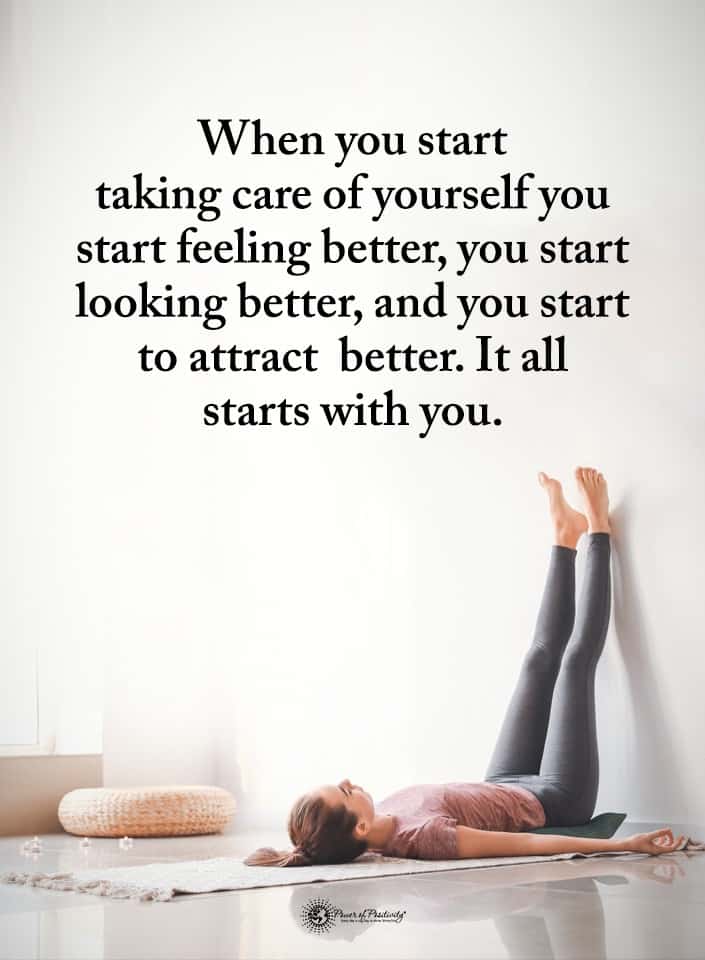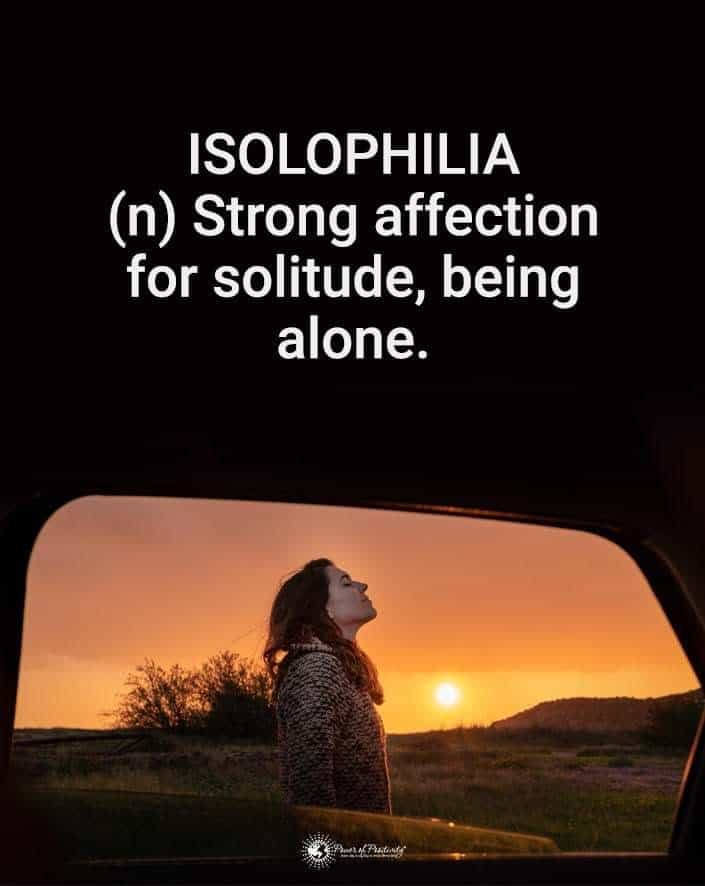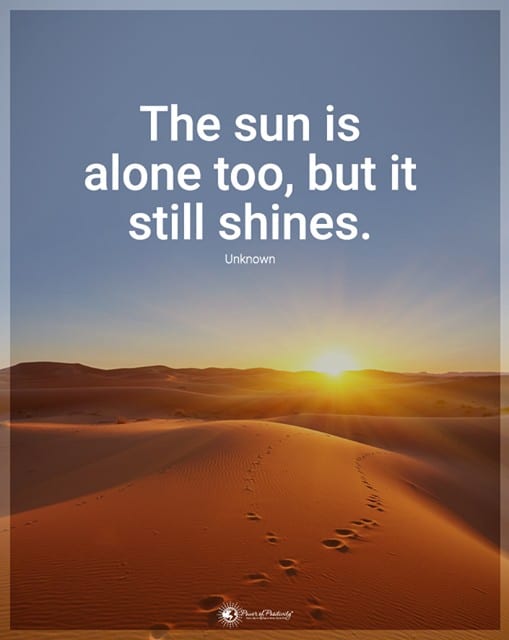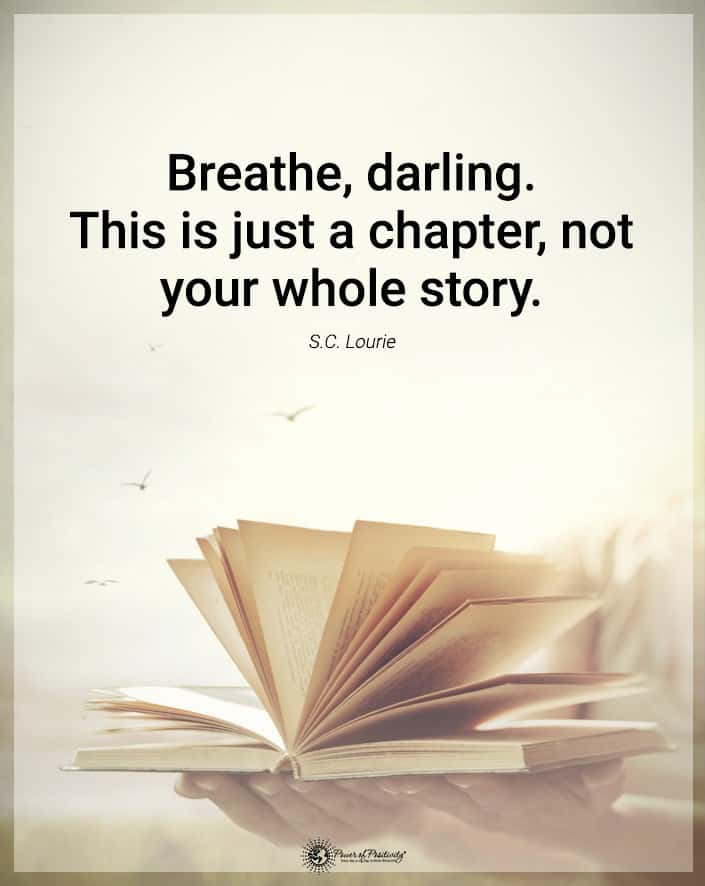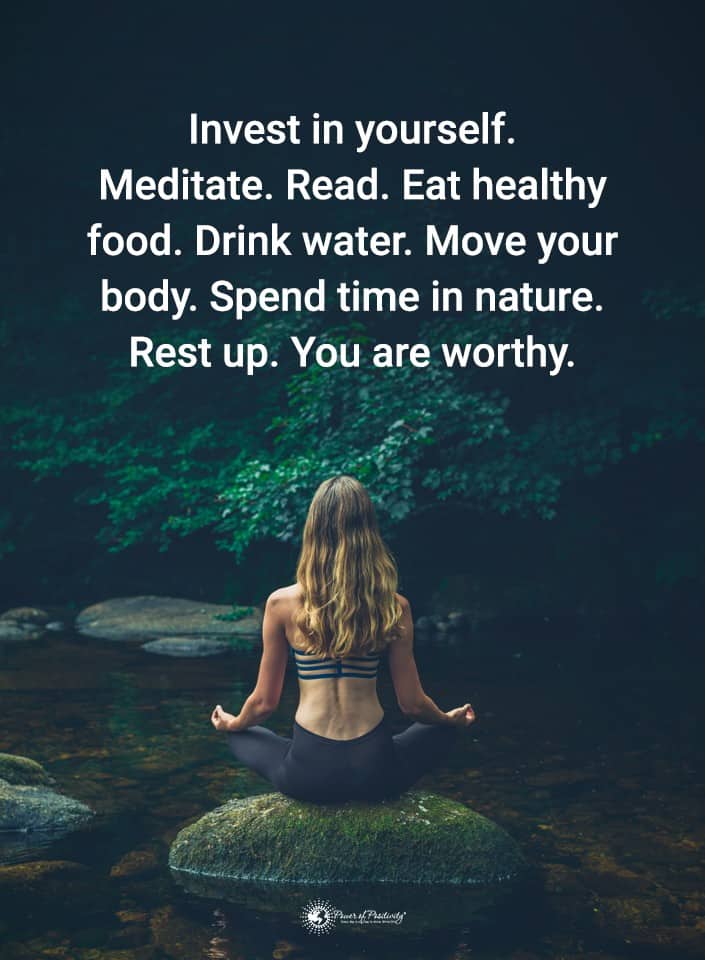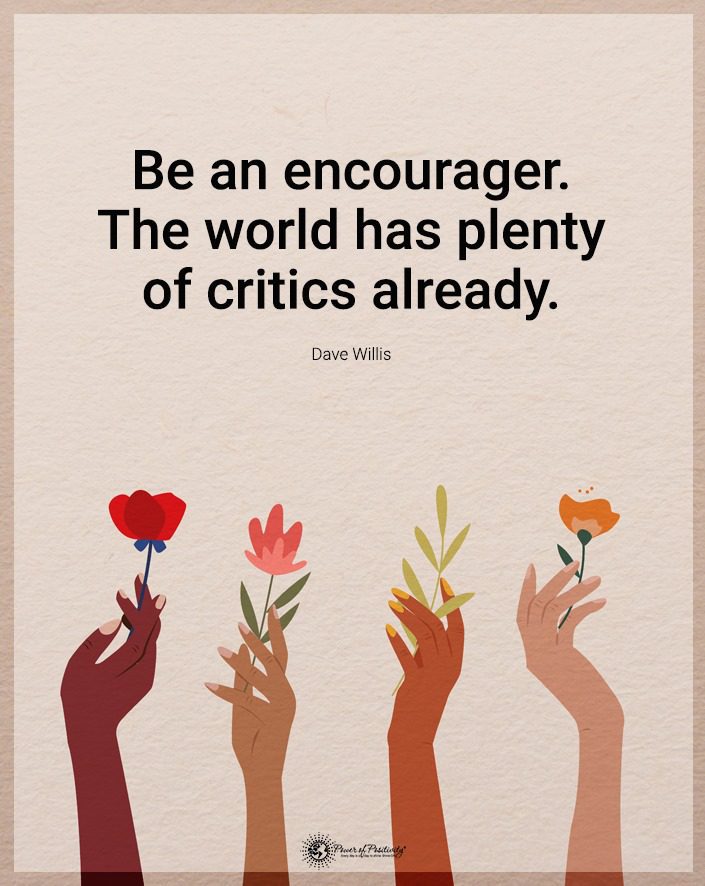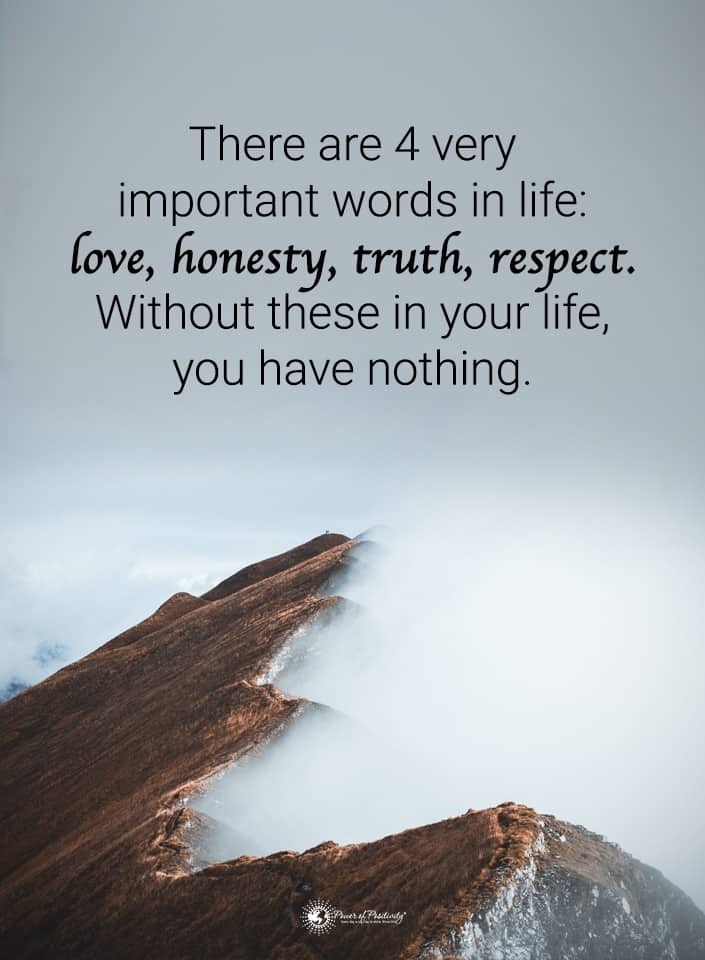Many people struggle with being alone and have a complex relationship with the situation. They feel as if they need constant companionship and someone to talk to. Even when alone, social media leaves people connected to others at all times.
However, there will be situations where you have to spend time alone, which isn’t as bad as you might think. There are many benefits to spending time alone, making it beneficial for the soul. By giving yourself alone time, you allow yourself to improve your wellness.
Alone time shouldn’t be confused with loneliness, which can carry health risks like heart disease and depression. Taking time for yourself and disconnecting from the outside world will make you feel good and find answers. Being lonely happens even when surrounded by people, whereas being alone is much different.
If you ever feel like you need someone to make you feel complete, remember that it’s more common than ever to be alone. Embracing the situation allows you to experience many benefits that wouldn’t always be available if you always had someone with you. Knowing the benefits can help you make the most of spending time alone.
Why Spending Time Alone Is So Good for the Soul
When you take time to yourself, you can improve your life in many ways. All you need is some time before reentering socialization, and you’ll feel much better. There are many benefits, and understanding them can help you figure out what to do when spending time alone.
1. You Can Relax and Destress
When you’re with another person all the time, you have to follow social norms nonstop. Sometimes you have to care for others, adapting who you are to fill their needs. When you spend time alone, you can relax and destress as you stop the daily rush for a while.
However, when you’re alone, you can do whatever you want without worrying about the people around you. You won’t feel judged or like you’re making the other person bored, allowing yourself to relax and destress. You’ll experience more positive thinking, too, as your mind eases and has time to process.
Spending time alone allows you to do the things that make your soul happy. Do whatever it is that will help you relax and manage your stress. Consider quietly enjoying a cup of coffee, taking a hike in the woods, or basking in the sunshine in a quiet place.
2. It Can Help You Clear Your Mind
Alone time allows you to clear your mind as you process and reflect on the situation. When you’re around other people, your brain doesn’t have a chance to rest and think clearly. Indeed, clearing your mind allows you to feel revitalized and balanced.
3. It Promotes Happiness for Introverts
Introverts require alone time to recharge because social interaction takes quite a bit out of them. They react differently, so spending time alone is essential for their happiness. Taking time to recharge is beneficial and gives them the energy they need to head back out into the world.
4. You Can Do Whatever You Want and Have Fun by Yourself
When you’re alone, you can focus on yourself without worrying about anyone else. It gives you a chance to focus on your dreams, feelings, and thoughts without interference. You can also relax and enjoy your own company, doing things you like to do and others might not.
When you do things alone, you’ll also find that it’s often just as fun as doing it with someone else. You can do things at your own pace, in your way, and you can dedicate your attention to it. Plus, you don’t have to worry about entertaining others or working around their schedule and plans.
If you’re worried people will judge you for doing things alone in public, let go of the fear and get out there. Heading to the movies or dinner alone will be a much more enjoyable experience than you might realize right now.
5. You Can Take Time to Meditate and Center Yourself
Meditating every day is good for the soul because it allows you to center yourself. You can clear your thoughts, balance your mood, and recognize your needs and desires. A 20-minute meditation session might be all you need to center yourself and embrace life.
Some other benefits of meditation include:
- Reduced stress
- Better memory
- Improved attention
- Strong will power
- Less pain
- Improved sleep
- Decreased anxiety and depression
- More compassion
- Lowers blood sugar
6. You Can Take the Time to Learn Something New
The things that interest you might not always involve others in your life. Spending time alone allows you to focus on learning more about the things you enjoy. You can develop skills you don’t get to build in the presence of other people.
When you’re alone, you can also explore the possibilities for your life. Determine what you want to achieve, how you can make it happen, and what you must do first. Learning these crucial aspects can make anything possible for you.
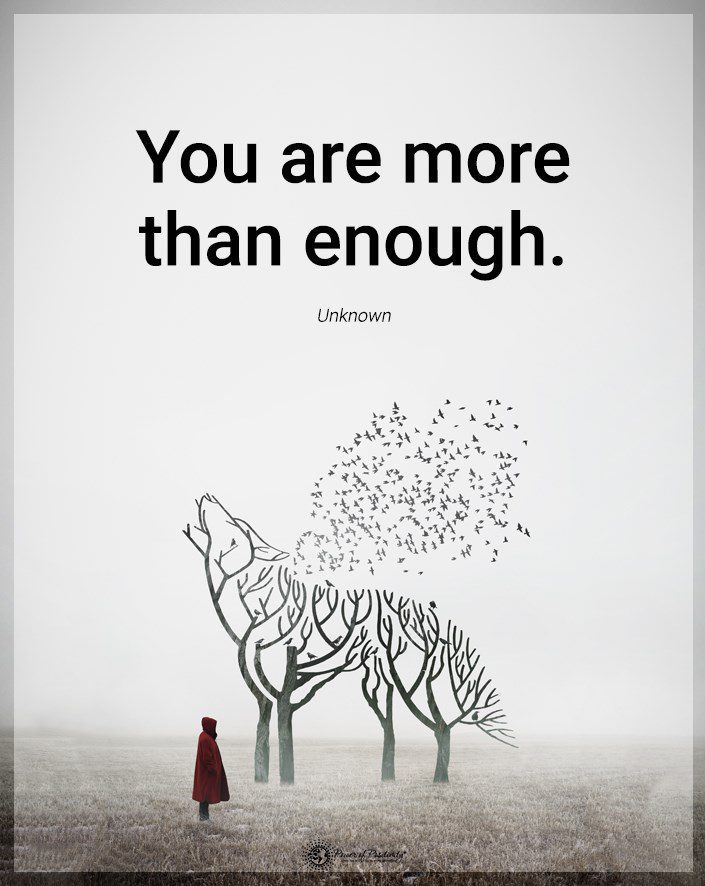
7. It Helps You Meet New People
When you do things alone, it opens you up to meeting new people. You’ll meet people who enjoy doing the same things as you if you meet them doing an activity no one else in your circle likes.
Being alone encourages you to socialize with people you don’t know yet. However, doing things with another person or group keeps you from reaching out. You’re more likely to interact with the people you are with, meaning your chance of meeting someone new decreases.
8. It Promotes Creativity
Being alone promotes creativity because you think of your best ideas and strategies alone. From the start of your first brainstorming session, thoughts flow more freely if you don’t have anyone else around. Reports show that people come up with more ideas when they’re alone than when working with a group.
Being alone encourages inspiration, motivation, and productivity. It lets you think about what matters to you and how you want to accomplish your goals. Even better, it gives you the creativity to make things happen.
Many people are sensitive to criticism regarding their ideas and creative abilities. Doing things alone gives you the space and energy to express yourself freely. Plus, the lack of interruption from others allows you to think differently and reflect deeply.
9. You Can Declutter Your Life
When you spend time alone, you can declutter your life, starting with your thoughts. Many people think they must keep adding things to their lives, including more worries and ideas. If you embrace spending time alone, you can eliminate negative thoughts that don’t serve you.
Processing your thoughts and eliminating ones that don’t benefit you declutters your mind. You’ll feel like a huge weight has lifted, making it good for the soul every time.
10. It Improves Your Relationships
Taking time to yourself makes it easier for you to socialize because it improves your ability to empathize. It also increases your self-awareness, improving your relationships and allowing you to make better choices about the people in your life.
Plus, doing things alone keeps your relationships feeling fresh and exciting. You’ll also appreciate your time with your loved ones more, allowing you to be fully present in the moment. You won’t take it for granted as often or feel overwhelmed by socialization.
11. It Helps with Problem Solving
You can make better decisions when you aren’t dealing with judgment and opinions from others. You can think clearly without having anyone tell you what you should or shouldn’t do. Making decisions in your life should only involve reflecting on your values, desires, and needs.
Taking time alone to think things through allows you to hear your inner voice and discover what you should do. When you aren’t listening to other people, you can think about what caused your problem and how to resolve it. Even if you can’t fix the situation, being alone can help you understand it and find peace.
12. It Makes You Work Harder
When you work alone, you’ll work harder because you know that no one else will pick up the slack. If you work while surrounded by other people, you might subconsciously believe that you don’t have to put in as much effort. However, working alone allows you to get things done quickly and efficiently.
Spending time alone also makes you work harder because it’s easier to concentrate when you’re alone. You’ll get more done in less time, allowing you to move on to something else or take a much-needed break.
Their presence can still be distracting even if the other people aren’t talking to you. If they often talk or interrupt what you’re doing, the productivity will be even lower. It disrupts your train of thought and makes it hard to engage in your task.
Final Thoughts on Reasons Why Spending Time Alone Is So Good for the Soul
It’s sometimes hard to embrace spending time alone, but it is good for the soul. Your brain needs time to rest and rejuvenate away from the busyness of daily life. Even if you enjoy socializing, taking time to yourself is beneficial to your overall wellbeing.
If you constantly feel depleted or like something is missing, remember to take some personal time to yourself. Find the right balance to make sure you lead a meaningful and fulfilling life. You’ll be glad you learned to enjoy spending time alone and quickly reap the benefits.

